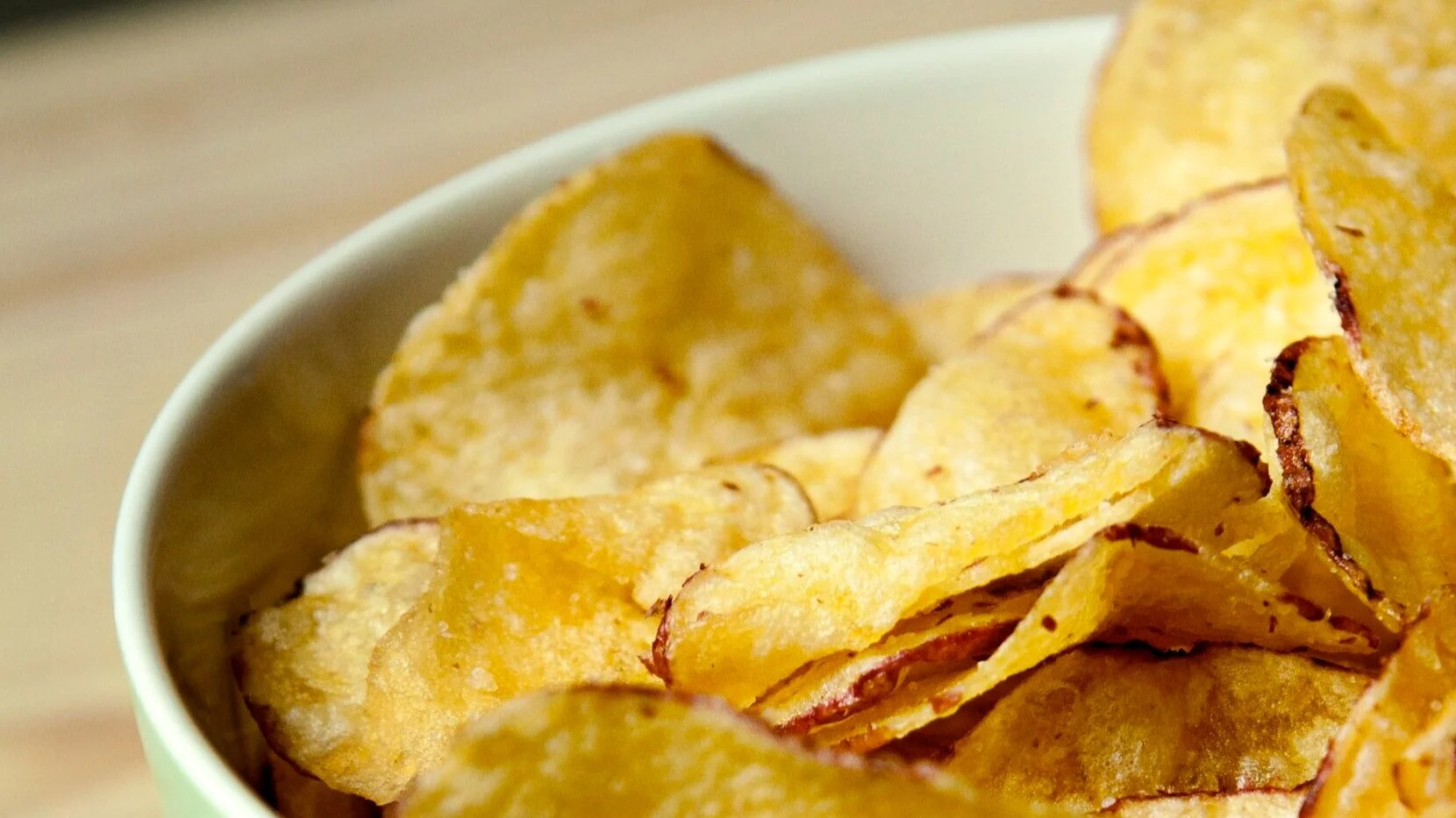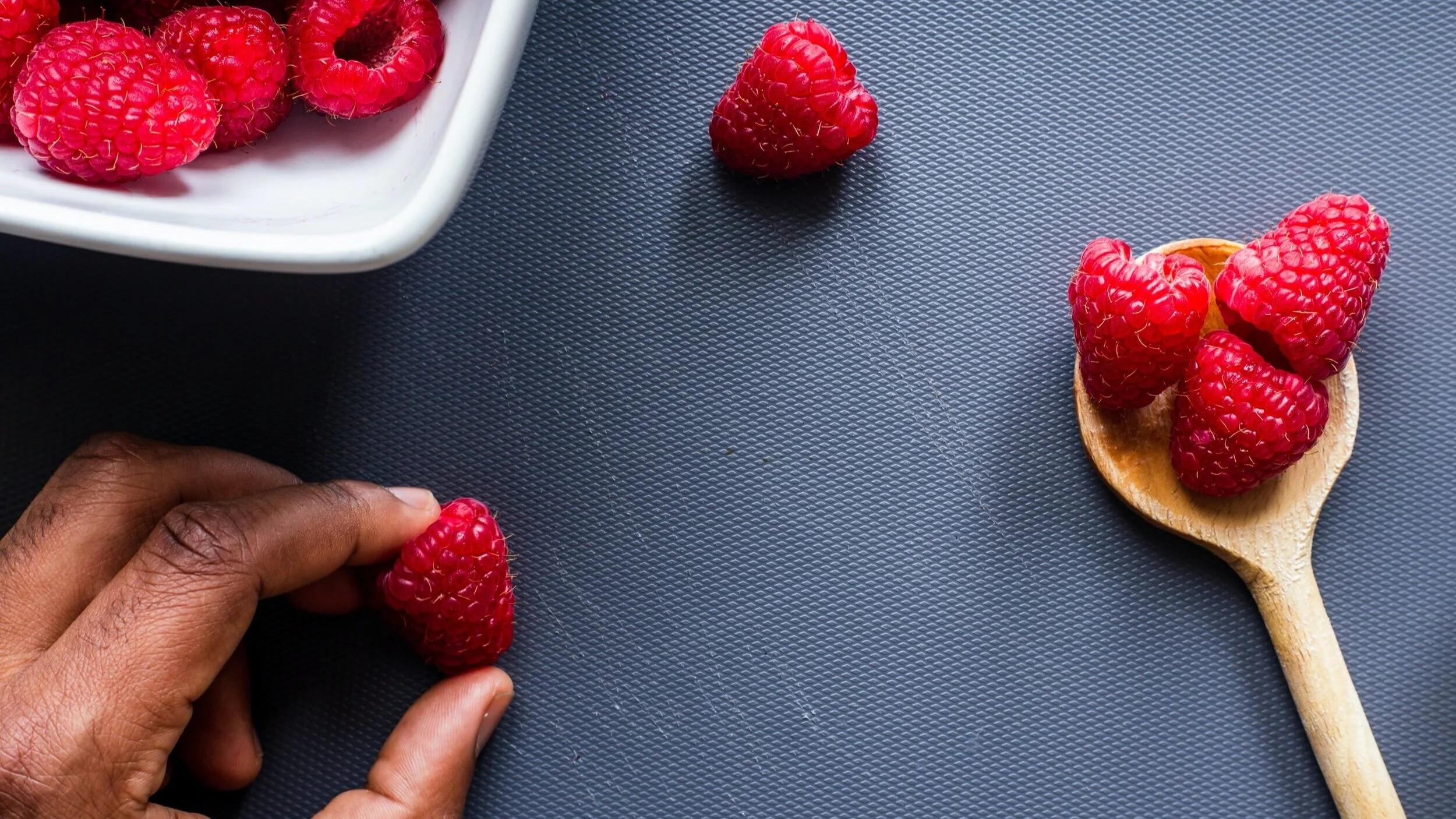How to stop overeating
Choose high fibre food so that you feel full for longer
Avoid sugar and processed carbs
Drink water before your eat
Know your triggers and address them
As we hit the restart button on a new year, now is the time to challenge any bad habits we may have let slide over the last few months and make health and wellness a top priority. Eating the right types of food and the right amount of food is incredibly important for maintaining your health and wellness. If you have felt it has been all too easy to overeat and reach for that snack cupboard over the past few months, this is the post for you! We are going to dive into what different types of foods do for you, which ones make you feel full and satisfied and which ones make you feel like eating more. We will provide some helpful tips to reset your mindset when it comes to eating and start building some healthier habits around what goes on your plate. And we will share our favourite healthy and filling snacks that keep up satisfied for longer and stop us from reaching for junk food. Whether you are on the road or staying home you need to be aware of what you are putting in your body and how it is making you feel.
How the pandemic affected our eating habits.
During 2020 we all experienced significant changes to our daily routines and as a result, we have seen a significant increase in weight gain. Forced inactivity due to working from home and lockdowns combined with increased stress levels and increased boredom all contribute to us eating more in terms of quantity and also eating more comfort foods. Often we reach for a snack not because we are hungry but because we are bored or stressed. Eating a poor diet of junk food can cause a drop in energy and mood which makes putting in the effort to squash those bad habits that much harder. Whether on the road or stuck at home it seems like we are battling the same demons when it comes to unhealthy eating. Boredom, lack of choice, stress and for some, lack of time due to added responsibilities all contributed to the development of poor eating habits in 2020. With vaccines being administered all over the world and the end of the Covid-19 pandemic finally in sight, now is the time to address these unhealthy habits and start eating healthy again.
How to stop snacking.
Ok, that’s enough talking about the problem, let's start talking about some solutions. How do we stop reaching for the snack cupboard and overeating?
First, take a long drink of water. Today, the body often confuses thirst with hunger. A good tall glass of water before eating or even deciding on what to eat can help with the quality and quantity decision making.
Next, you need to acknowledge and address your triggers.
You first need to figure out what triggers the desire to get a snack. This will require some inward reflection as for many of us the desire and action have become automatic. We have our heads in the snack cupboard and are pulling out a biscuit before we even realize what we are doing.
Every time you feel yourself going for a snack, ask yourself, why do I want to eat right now? The answer is likely to be one of these three: I am bored, I am stressed out or I am genuinely hungry. If you are bored or stressed you need to work on finding better coping mechanisms for managing those feelings. Perhaps you could start a new hobby or learn some breathing exercises. Check out these articles for tips and advice on how to build healthy habits and how to use mindfulness to achieve your goals.
If you are genuinely hungry, it is likely that you are not eating the right foods. Processed carbs, such as white bread and potato chips cause your blood sugar levels to go up fast which triggers a surge in insulin. The insulin’s job is to clear the sugar from your blood and store the energy. Because the energy has then been stored away, it is no longer available and so your body cries out for more food so that it can create more energy. This is why we often feel a crash in energy after eating these types of foods.
Sugar also has an effect on appetite, although it works in a slightly different way. Sugar triggers your brain’s reward system. After we eat, the area of the brain that drives that need is satisfied and calms down. However, according to research conducted by the Yale University School of Medicine, when we eat sugar that part of the brain remains active and so we still have the urge to eat.
What you are eating has a huge effect on your ability to stop overeating. If your body and mind are telling you that you need more food to feel full and energized, of course, you are going to eat. Choosing the right snacks will help you overcome this trick of the mind and make you feel full and satisfied for longer. The key to feeling full is to choose high-fibre foods. High-fibre foods such as whole grains, vegetables, nuts and seeds take longer to digest and therefore make you feel fuller for longer.
Here are 7 healthy snacks that will keep you full for longer.
Pears
Pears are one of the best fruit sources of fibre. You can expect to get 5.5 grams of fibre in a medium-sized pear.
Bananas
Bananas are rich in many minerals and vitamins and though not as high in fibre as pears, you can expect about 3.1 grams of fibre per medium-sized banana, they are a greatly satisfying and healthy snack.
Raspberries
Raspberries are the best fruit option when it comes to fibre intake. You can get 8 grams o fibre from just 1 cup! Raspberries are also a great snack for traveling because they produce zero waste.
Carrots
While vegetables tend to be a great source of fibre, they do not tend to be great for snacks. I am not sure about you, but the thought of biting down on a raw head of broccoli is not very appealing. Carrots are a good option for snacking as they are not only relatively high in fibre (approx. 2 grams per medium-sized carrot) but they are also full of natural sugars that can satiate your sweet tooth.
Popcorn
If fruit and veg are not your idea of a good snack, popcorn could be the best option for you. You can expect to get 13 grams of fibre per 100 grams of popcorn. Make sure to opt for air-popped popcorn so as not to introduce too much fat into your diet.
Almonds (or other nuts)
Nuts are a great source of both fibre and protein. A handful of nuts will make you feel fuller for much longer than a cookie will. You can expect to get 3.5 grams of fibre from a handful of almonds.
Dark Chocolate
Dark chocolate is surprisingly nutritious and can be very beneficial for your health. Make sure to opt for chocolate that has a high cocoa content so as to get the full benefits. You can expect to get 11 grams of fibre from a 100-gram bar of dark chocolate with 70-85% cocoa content.
At Sanctifly we are here to support travelers build healthy and lasting habits. Even though we are not flying right now, maintaining healthy routines is still important. Although most of the content on the Sanctifly app was designed for traveling, it is applicable and helpful in all walks of life. Building good habits around eating both at home and on the road is one of the main pillars of support we offer our members. Find nutritional facts, healthy meal plans and more in the Sanctifly app today and start your journey to better health and wellness.
Download the app today to explore our content and start building your healthy habits at home with Sanctifly.
For more information on our membership types, click here.





